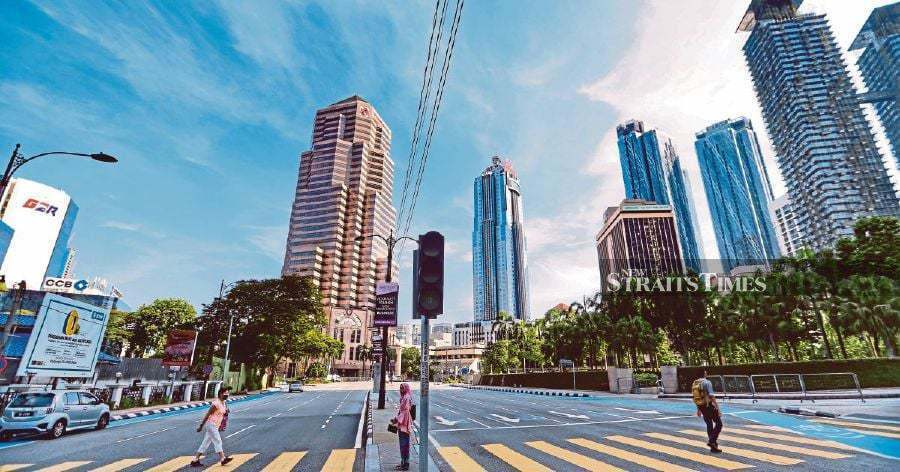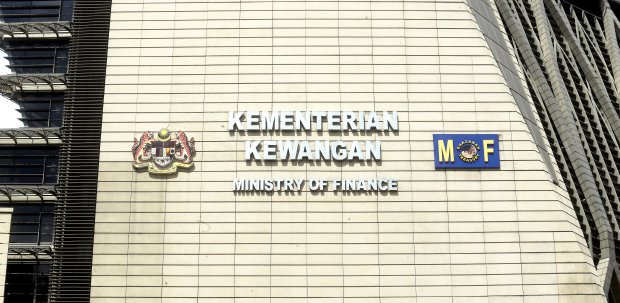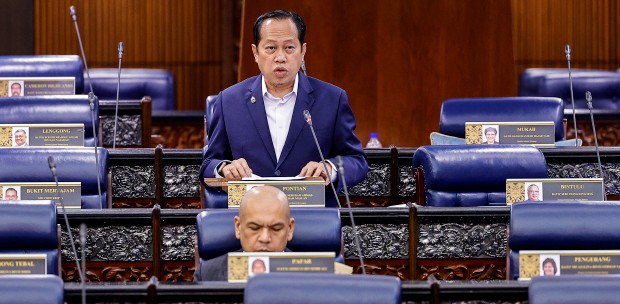KUALA LUMPUR: Malaysia's real estate investment trusts (REITs) are expected to see minimal impact from the 5-10 per cent high-value goods tax to be impemented in May 1, 2024.
Hong Leong Investment Bank Research (HLIB) said in its note that tenant profit sharing typically make up less than 10 per cent of a mall's total revenue.
While, buyers of luxury goods are expected to relatively less price sensitive given their high purchasing power.
The research firm maintained its Neutral call on the sector as the risk to reward profile remains balanced in its view.
Top picks for the sector are Sunway Real Estate Investment Trust's (Sunway REIT) (Buy, target price: RM1.89) and Pavilion REIT (Buy, target price: RM1.60).
The firm expected REITs with hospitality assets and those in the industrial space to perform better than office REITs in 2024.
It said despite the latest Consumer Sentiment Index (CSI) showing some signs of a potential slowdown in domestic demand, the influx of additional tourist arrivals is expected to cushion this.
"Moreover, REITs with hospitality assets are also poised to ride the improvement in Malaysia's tourist arrivals.
In 2024, the Klang Valley will see additional retail supply coming notably from the launch of Warisan Merdeka Mall @118 (1.6 million square feet) and Pavilion Damansara Heights Phase 2 (0.5 million square feet), amounting to a total of 2.1 million square feet. The additional supply may continue to pressure occupancy and rental rates for shopping malls in the Klang Valley.
However, the impact on prime malls such as Pavilion KL, Suria KLCC, Mid Valley and Sunway Pyramid would be relatively negligible as these malls are catered towards the more affluent consumer market which has deeper pockets to stomach higher prices for goods and services.
Separately, HLIB said industrial space remains poised to benefit from various government initiatives along with continued growth of the e-commerce sector. The firm remains optimistic on the long-term prospects of industrial properties based on the China+1 strategy as manufacturers trim their dependence on China and turn their focus to South East Asia.
Meanwhile, it said the continued growth and expansion of the e-commerce market drives the need for more distribution warehouses, while the initiatives under National Industrial Master Plan (NIMP) 2030 will work to increase total investments in Malaysia and further bolster the domestic manufacturing sector.
"






